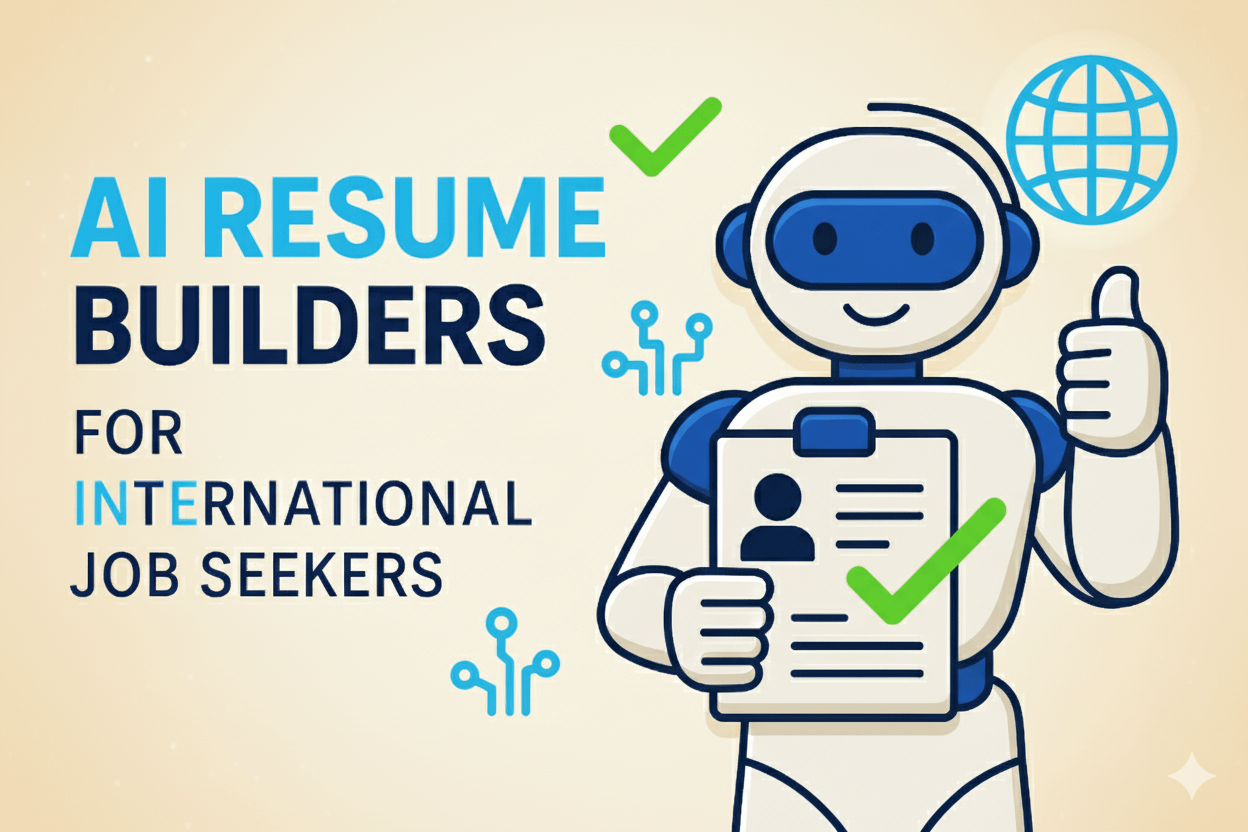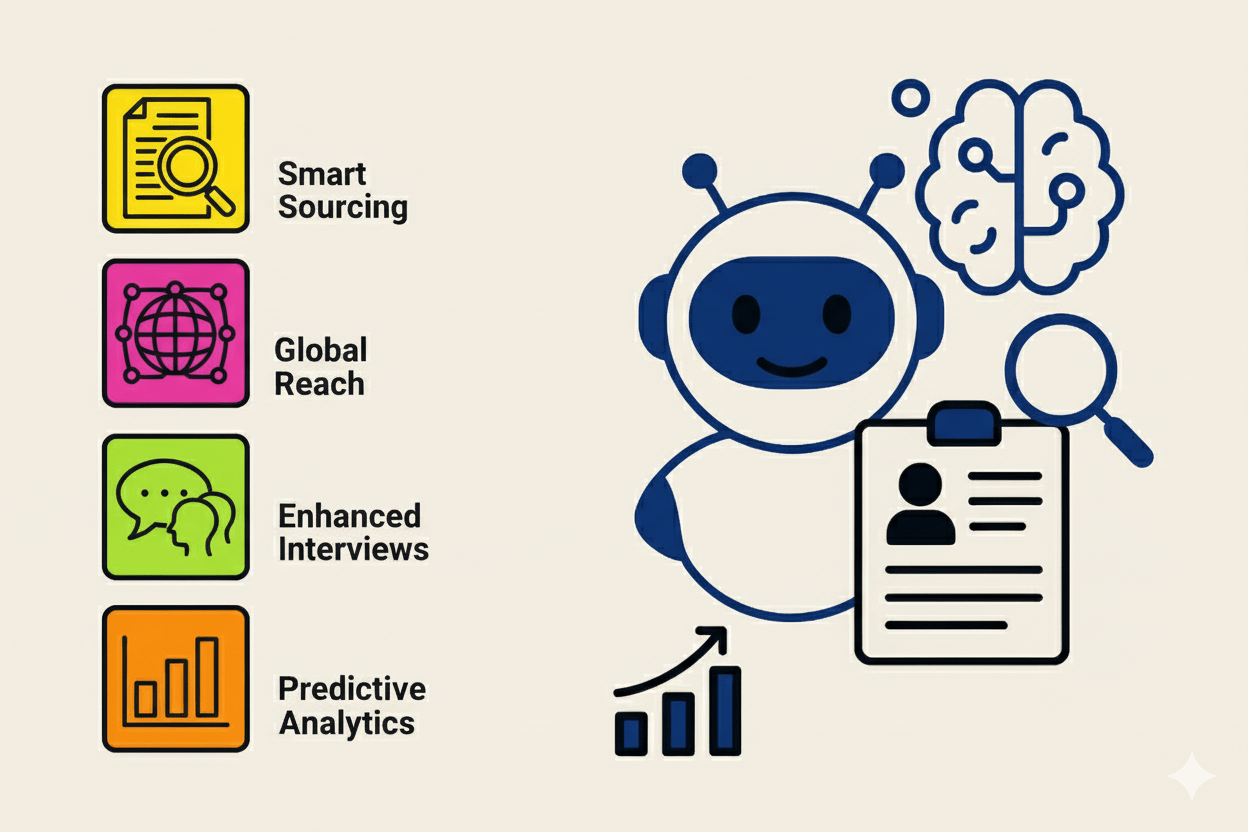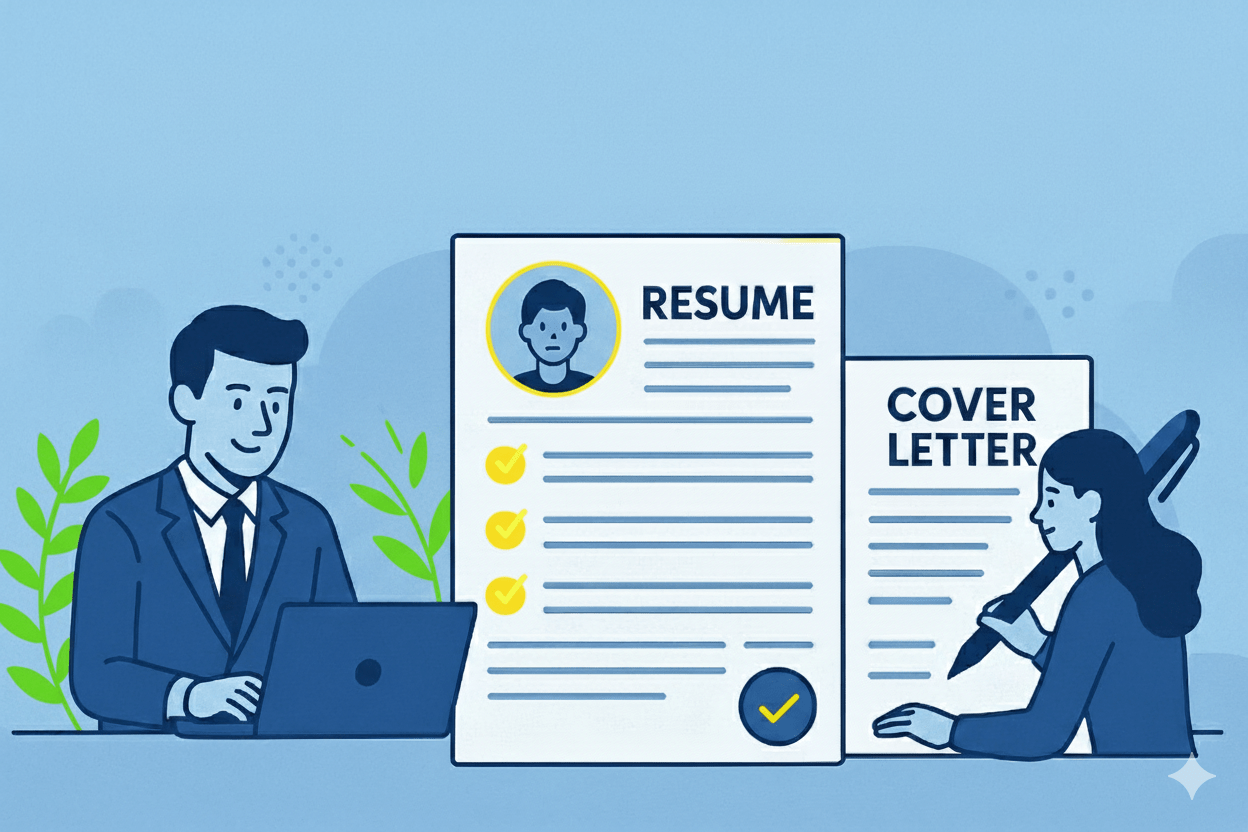Interview IQ: Mastering the US Interview Process for Success
Introduction:
In today’s competitive job market, the interview process serves as a critical gateway to securing employment, especially for individuals navigating job opportunities in the United States. Mastering the US interview process requires a nuanced understanding of its various components, coupled with meticulous preparation and effective communication skills. In this comprehensive guide, we will delve into the intricacies of the US interview landscape, backed by data, statistics, and references, to equip you with the knowledge and strategies needed to excel in your job interviews and land your dream job.
Understanding the US Interview Landscape:
The interview process in the United States encompasses a series of structured stages designed to assess a candidate’s qualifications, skills, and fit for the role and organization. While the specific format and duration of interviews may vary across industries and companies, the overarching goal remains consistent: to evaluate candidates thoroughly and select the best fit for the position. According to recent data from Glassdoor, the average interview process in the US lasts approximately 23.7 days, emphasizing the significance of readiness and preparation for each stage of the process.
Preparation: The Key to Interview Success:
Effective preparation is the cornerstone of success in the US interview process. It begins with comprehensive research into the company, its culture, values, and recent developments. Online resources such as the company’s website, LinkedIn, Glassdoor, and industry publications offer valuable insights and information to inform your preparation. According to a survey by TopInterview, 70% of hiring managers consider lack of company knowledge to be a significant red flag during interviews, underscoring the importance of thorough research.
Furthermore, practicing common interview questions and crafting compelling responses that highlight your skills, experiences, and achievements is crucial. Research by CareerBuilder indicates that 60% of employers pay more attention to candidates who provide specific examples of their accomplishments during interviews. Utilizing the STAR method (Situation, Task, Action, Result) to structure your responses enables you to provide concrete evidence of your abilities and stand out as a qualified candidate.
The interview process in the United States is multifaceted and can vary significantly depending on the industry, company size, and specific role. However, certain elements are common across most US interviews, providing candidates with a general framework to navigate. Here’s a detailed breakdown of the US interview landscape:
- Initial Screening: The interview process typically begins with an initial screening, often conducted by a recruiter or HR representative. This stage aims to assess candidates’ basic qualifications, experience, and interest in the position. Initial screenings may take the form of a phone call, video interview, or online assessment. According to data from Glassdoor, nearly 88% of employers use phone screenings to evaluate candidates before inviting them for in-person interviews.
During the initial screening, recruiters may ask questions about candidates’ work history, skills, and career goals to determine if they meet the minimum requirements for the role. Candidates should be prepared to provide concise yet compelling responses that highlight their qualifications and interest in the position.
Types of Interviews in the US:
The US interview process encompasses various types of interviews, each designed to evaluate different aspects of a candidate’s qualifications and suitability for the role. Common types of interviews include:
- Behavioral Interviews: Behavioral interviews focus on past experiences and behavior to predict future performance. Employers use behavioral interview questions to assess candidates’ soft skills, problem-solving abilities, and interpersonal competencies. According to research by the Society for Human Resource Management (SHRM), 82% of organizations incorporate behavioral interviews into their hiring process.
- Technical Interviews: Technical interviews are prevalent in fields such as software engineering, data science, and IT, where candidates’ technical skills and proficiency are evaluated. Technical interviews may involve coding challenges, case studies, or technical assessments to assess candidates’ problem-solving abilities and application of expertise in real-world scenarios.
- Panel Interviews: Panel interviews involve being interviewed by multiple individuals simultaneously, typically including hiring managers, team members, and other stakeholders. CareerBuilder reports that 63% of employers use panel interviews to evaluate candidates’ fit for the role and team dynamics. Candidates must effectively communicate their qualifications and engage with multiple stakeholders during panel interviews.
- Virtual Interviews: With the rise of remote work and virtual collaboration, virtual interviews have become increasingly common in the US job market. Virtual interviews may include video interviews conducted via platforms such as Zoom or Skype, asynchronous video interviews where candidates record responses to pre-set questions, or phone interviews. According to a survey by Gartner, 86% of organizations have utilized virtual interviews during the COVID-19 pandemic.
Navigating Cultural Differences:
For international candidates, navigating cultural differences is a critical aspect of mastering the US interview process. Understanding US cultural norms, communication styles, and etiquette facilitates adaptation and effective engagement with interviewers. Some key cultural differences to be aware of include:
- Direct Communication: In the US, communication tends to be direct and straightforward. Candidates should articulate responses concisely, avoiding verbosity or ambiguity.
- Assertiveness: US interviewers may value assertiveness and confidence in candidates. Balancing confidence with humility is essential, showcasing strengths and accomplishments while remaining humble and respectful.
- Professionalism: Professionalism is highly esteemed in US workplaces. Candidates should dress professionally, maintain eye contact, and demonstrate respect for interviewers and their time.
Conclusion:
Mastering the US interview process is paramount for success in securing employment in the competitive US job market. By comprehending the interview landscape, preparing meticulously, and navigating cultural differences effectively, candidates can enhance their prospects and distinguish themselves to potential employers. With thorough preparation, confidence, and adept communication skills, you can excel in interviews and realize your aspirations of securing your dream job in the United States.
References:
- Glassdoor – https://www.glassdoor.com/research/
- TopInterview – https://www.topinterview.com/
- CareerBuilder – https://www.careerbuilder.com/
- Society for Human Resource Management (SHRM) – https://www.shrm.org/
- Gartner – https://www.gartner.com/







